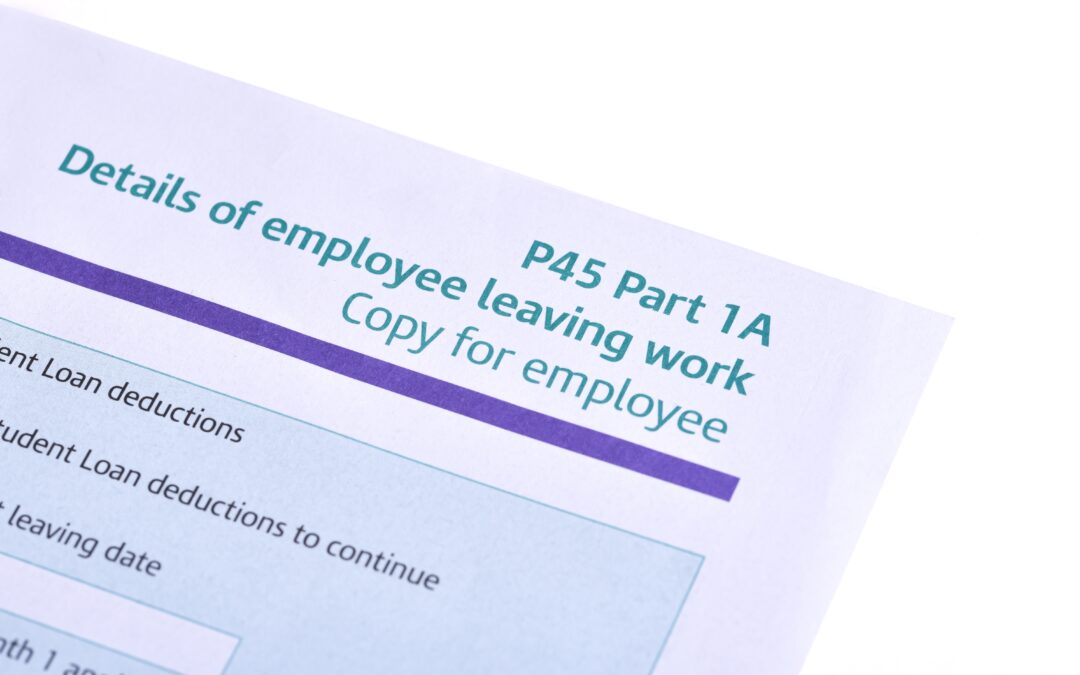The Labour Manifesto (Labour’s plan to make work pay – Delivering a new deal for working people) (New Deal), contained the following wording:
“Our New Deal will include basic individual rights from day one for all workers, ending the current arbitrary system that leaves workers waiting up to two years to access basic rights of protection against unfair dismissal, parental leave and sick pay.”
Parental leave currently has a 26 week qualifying period, unfair dismissal is two years’ and sick pay is paid after a three waiting days at present. Please find set out below a summary of the majority of the current “day one” rights.
Right to claim automatic unfair dismissal
Employees have a “day one” right to make a claim for automatic unfair dismissal.
Some common examples of automatically unfair dismissals include:
- raising health and safety concerns;
- being a whistle-blower (i.e. making a protected disclosure);
- for asserting certain statutory rights (e.g. annual leave or national minimum wage)
- a reason connected to your part-time or fixed-term status; or
- a reason connected to pregnancy or a type of family leave e.g. maternity, parental, paternity, adoption leave etc.
Protection from discrimination
Employees also have a “day one” right protection against being discriminated against due to a protected characteristic under the Equality Act 2010. These protected characteristics include age, disability, gender reassignment, marriage and civil partnership, pregnancy and maternity, race, religion or belief, sex and sexual orientation.
Right to request flexible working
From 6 April 2024 the government granted employees a “day one” right to make a flexible working request. Previously, employees could only make a flexible working request after having worked for the employer for 26 weeks before they could make this request.
Right to a statement of written particulars
Section 1 of the Employment Rights Act 1996 compels an employer to provide an employee with a Section 1 Statement which is typically set out within a contract of employment. A section 1 statement should include the following:
- Names of employer;
- Date employment begins;
- Date of continuous employment;
- Rate of pay and frequency (weekly, monthly, etc) of payment;
- Hours of work including days of the week and whether hours might be variable;
- Holiday entitlement (including public holidays) and holiday pay;
- Any other benefits;
- Notice period;
- Job title or brief description;
- Any applicable probationary period;
- Place of work and address of employer;
- Whether the employee is expected to work outside the UK for over 1 continuous month;
- Any training that the employee is required to complete and whether it is paid for.
Information which can be provided in a separate but reasonably accessible document includes:
- Sick leave and pay;
- Any other paid leave;
- Pension scheme information (within 2 months);
- Any other training entitlement provided by the employer (within 2 months); and
- Disciplinary and grievance procedures (within 2 months).
National Minimum Wage (NMW) and itemised payslip
Employees have the right to be provided with an itemised payslip that lists their gross wage, appropriate deductions and their net wages. Employees must also be paid NMW.
Protection from unlawful deductions from wages
As a general rule employees are protected from deductions being made from their salary unless the deductions are usual deductions for tax and national insurance, or the employer has a contractual right to do so. An example of this could be a training fee agreement when the employee leaves the business, to recover costs for the employer paying for the employee to attend a training course.
Adoption, Maternity and Paternity Leave
Statutory Adoption and Maternity Leave is 52 weeks. The Paternity Leave (Amendment) Regulations 2024, which came into force on 8 March 2024 and will apply only to children whose expected week of birth begins after 6 April 2024, allows fathers or partners to divide their statutory paternity leave into one-week blocks rather than taking it all at once (i.e two-week block). Fathers and partners will be permitted to take leave at any time during the first year, rather than only the first eight weeks after birth or placement for adoption.
Working time rights
Employees derive a number of “day one” rights under the Working Time Regulations 1998 which include:
- Holiday entitlement of 5.6 weeks
- Rest break of 20 minute for a working day that exceeds 6 hours;
- Daily rest of 11 hours uninterrupted rest ;
- A weekly rest period of not less than 24 hours’ uninterrupted rest in each seven-day period during which an employee works for their employer, either:
- Two uninterrupted rest periods of not less than 24 hours in each 14-day period; or
- One uninterrupted rest period of not less than 48 hours in each 14-day period.
You should always ensure that you seek specialist employment advice in respect of the information set out above. If you are an employee and need employment law advice, you can contact our team of employment law solicitors for a free initial discussion.

